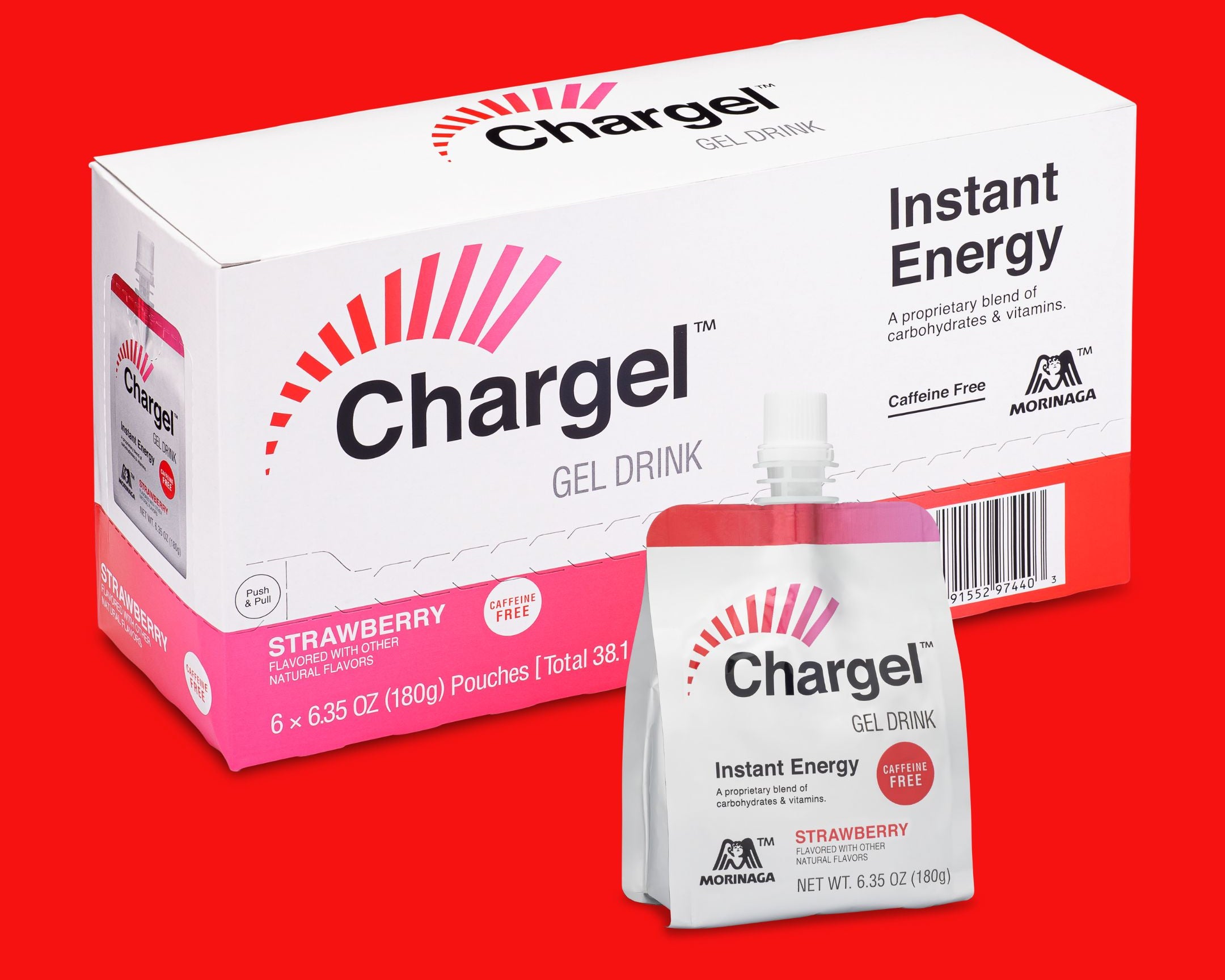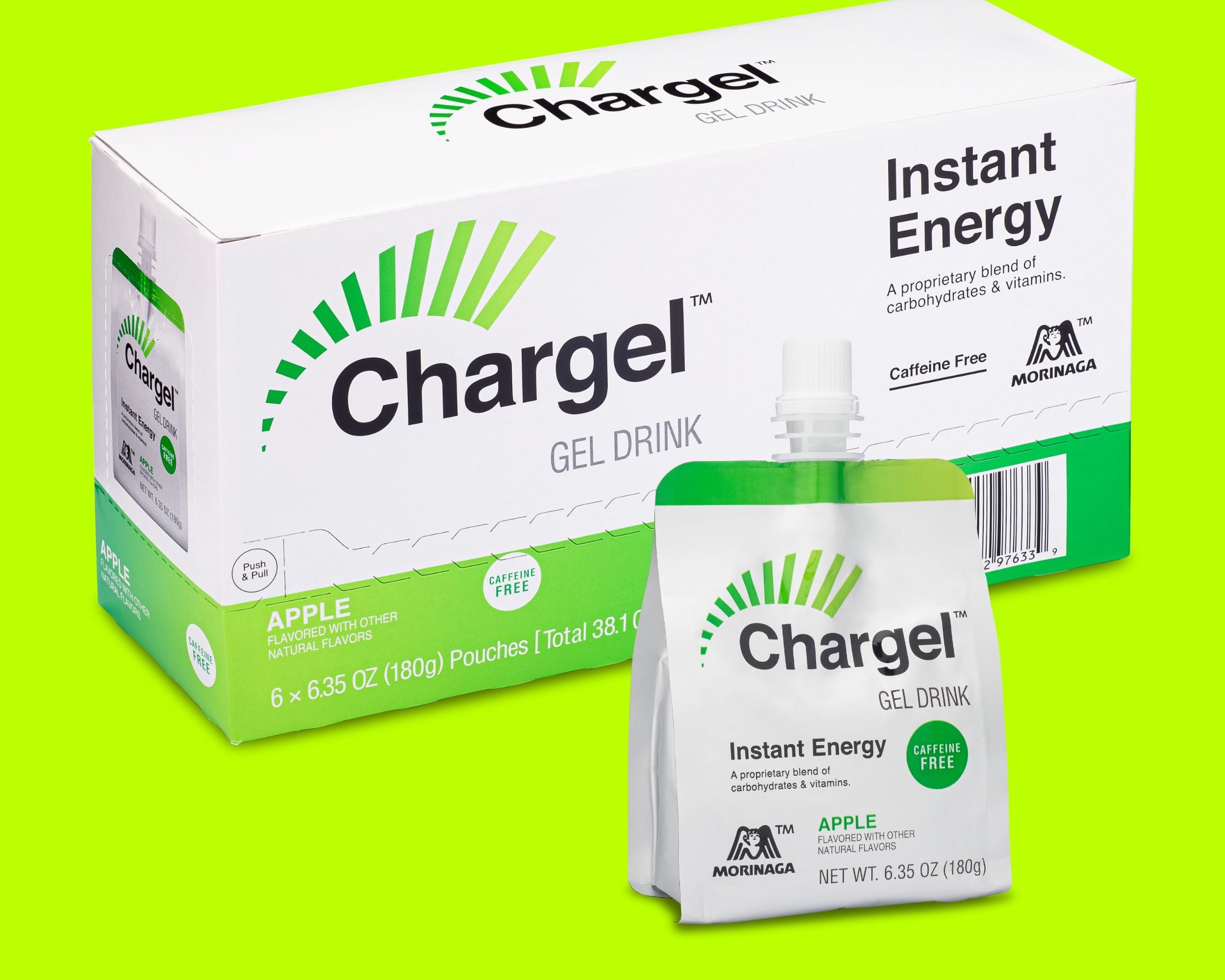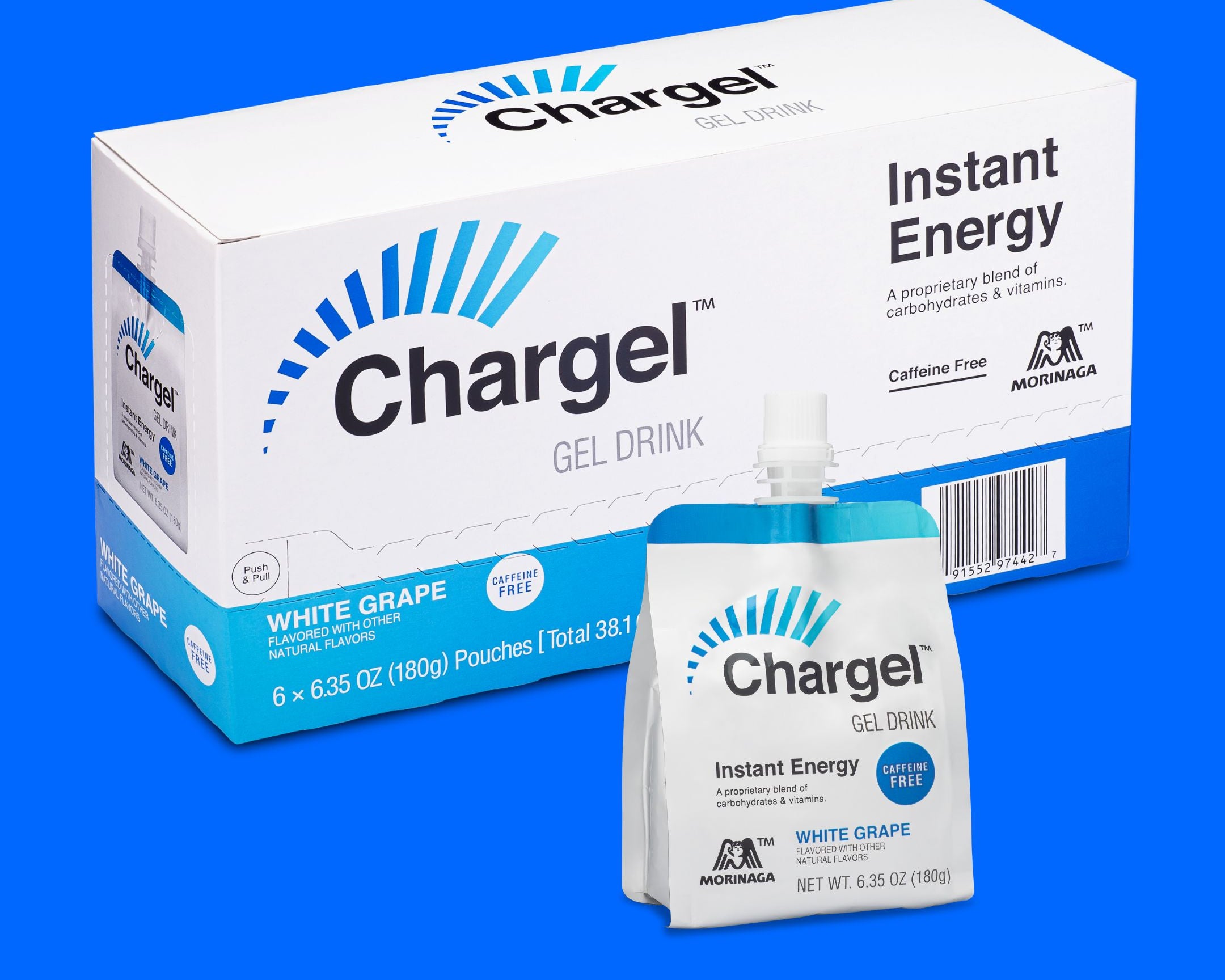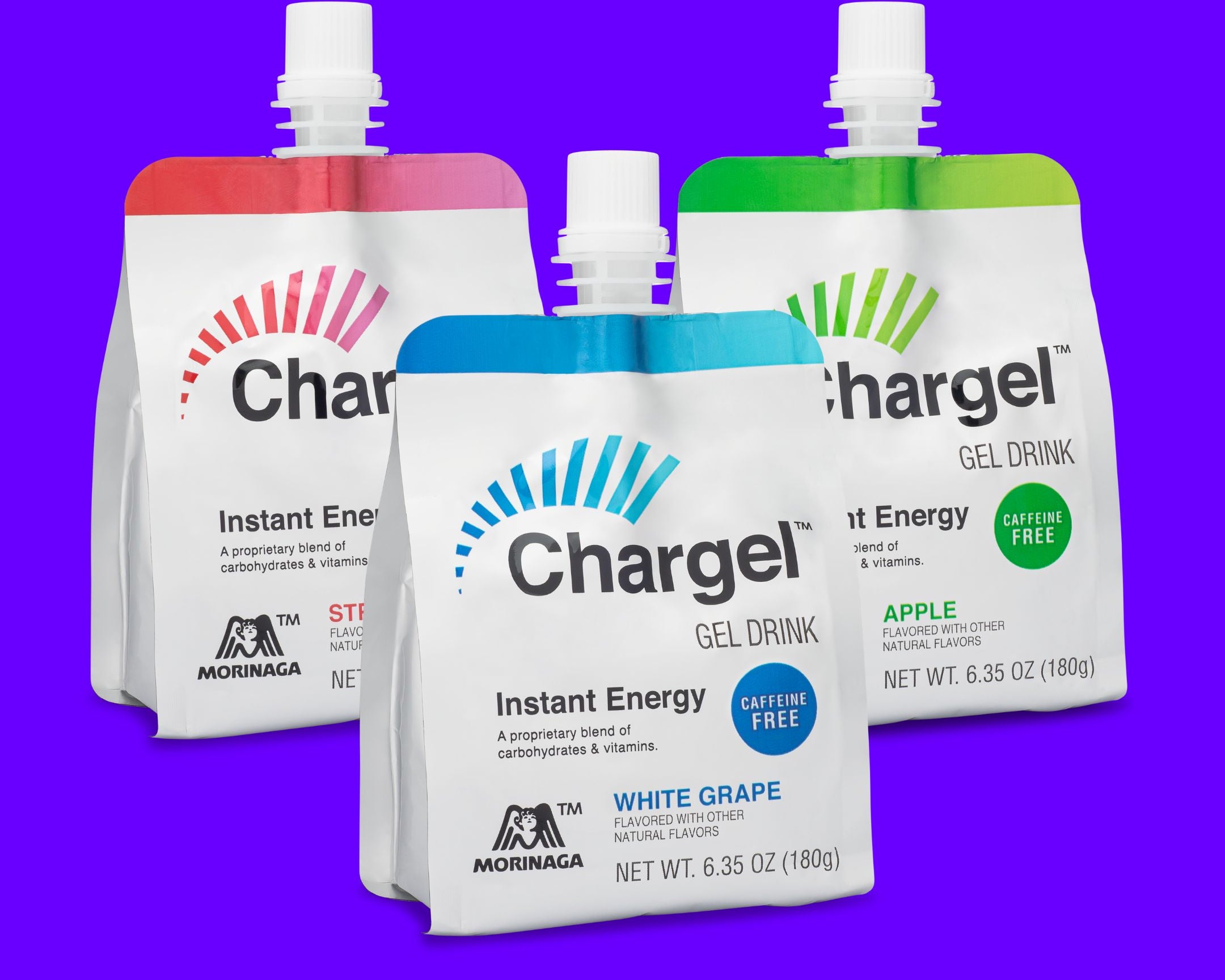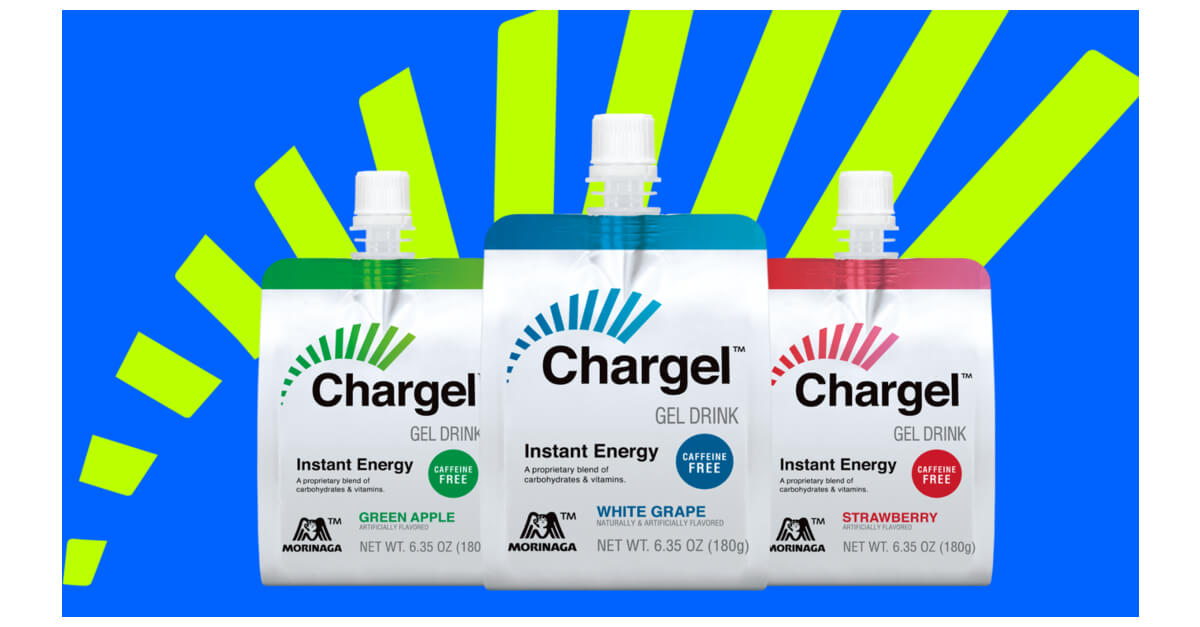3. Eat Enough
While we often hear about the perils of eating too much and how that is contributing to the current obesity crisis, too often active individuals, especially those focusing on endurance pursuits like running and cycling, fail to consume enough calories to support training needs, often unintentionally. And doing so can not only undermine your fitness goals it can also jeopardize your health.
When energy availability, defined as the difference between energy intake and energy expenditure to fat-free mass (FFM), is not supported, and energy intake does not match energy expenditure this low energy availability can be associated with a range of negative consequences, including poor performance, altered hormonal profiles, impaired reproductive function, and decreased bone mineral density. So, as you ramp up the intensity and frequency of your training you should also consider doing the same for your overall calorie intake.
To determine how much you need to be eating it’s important to examine several factors including volume of your training, preferred type of exercise (resistance training vs. endurance training), and body weight. A sports dietitian can help you design a diet that meets the caloric needs of your workouts.
4. Rise and Dine

When counseling athletes, I will always stress the importance of consuming a hefty breakfast. This is the meal that can set you up for nutritional success and should not be taken lightly. Skipping your carb-rich morning meal, even if you eat a bigger lunch, can hurt your exercise performance later in the day, according to a recent study in the European Journal of Sports Science of highly trained cyclists. Eating breakfast helped the participants perform significantly better in the 20K cycling time trail later in the day. The exercise test also felt harder on the days they skipped breakfast. A separate study in the Journal of Strength and Conditioning Research found that when people consumed a breakfast meal (containing 1.5 grams of carbohydrate per kilogram body weight) 2-hours before weight training they were able to lift more weight (i.e. had more muscle powder) than when they trained without this higher carb meal. There is also some emerging evidence that consuming sufficient amounts of protein in the morning is particularly beneficial for stimulating muscle growth, which is what most fitness-minded individuals should be pursuing.
To set yourself up for success, aim to regularly consume a breakfast that delivers a solid mix of quality carbohydrates, protein and healthy fats. Do so, and you’ll go a long way toward meeting your overall nutritional needs. Here are a few meal ideas that fit the bill:
- Oatmeal topped with berries and chopped nuts; hard-boiled egg; sliced apple
- Yogurt bowl made with Greek yogurt, granola, berries, and seeds or nuts
- Scrambled egg and bean burrito; sliced orange
5. Eat More Fermented Foods

The influence that the gut microbiome has on our health is now widely appreciated. Now, we are coming to understand that the human microbiome, the trillions of microorganisms that reside in our digestive tract, may play a role in athletic performance. The healthier the microbiome the greater the chance to optimize performance. A case-control study published in Plos One investigating the microbiomes of athletes and non-athletes following a bout of intense exercise reports significant associations between performance measures and gut microbes. In the investigation, 52 healthy males were assigned to either a strength, endurance, or control group, and their feces were analyzed for microorganism DNA before and after two exercise tests. The results showed that one-third of the species identified were unique to each group and that some microbiome species including Bifidobacterium longum were strongly associated with VO2max. Other species were linked to maximal power during the Wingate test. The study authors surmise that the performance benefits are the result of the short-chain fatty acids these microorganisms produce which can serve as a substrate for metabolism and alter skeletal muscle functioning.
We are a long way off from determining how to foster the optimal microbiome for athletic greatness, but in the meantime, you can nurture your microbiome by incorporating more fermented foods and drinks into your diet. These include kefir, yogurt, miso, kimchi, sauerkraut and kombucha. It’s also a great idea to eat plenty of fiber from fruits, vegetables and whole grains as the fiber serves as a fuel for your beneficial micro-critters to help them flourish.
 Author Profile: Matt Kadey
Author Profile: Matt Kadey
Matthew “Matt” Kadey is a registered dietitian based in Waterloo, Ontario, Canada who specializes in nutrition pieces and recipe development. Matt is a contributing health writer whose pieces and photography has appeared in a range of online and print publications such as Men’s Health, Women’s Health, Runner’s World, Clean Eating and more.
His work in food journalism earned him a James Beard Award in 2013. He’s published three cookbooks and his philosophy centers on consuming whole foods and getting plenty of exercise so you can eat more of them. You can learn more about Matt by going to www.matthewkadey.com or following along on Instagram and Facebook, @rocketfuelfood, @bt700bikepacking, Facebook.com/rocketfuelfoods and Facebook.com/BT700.
